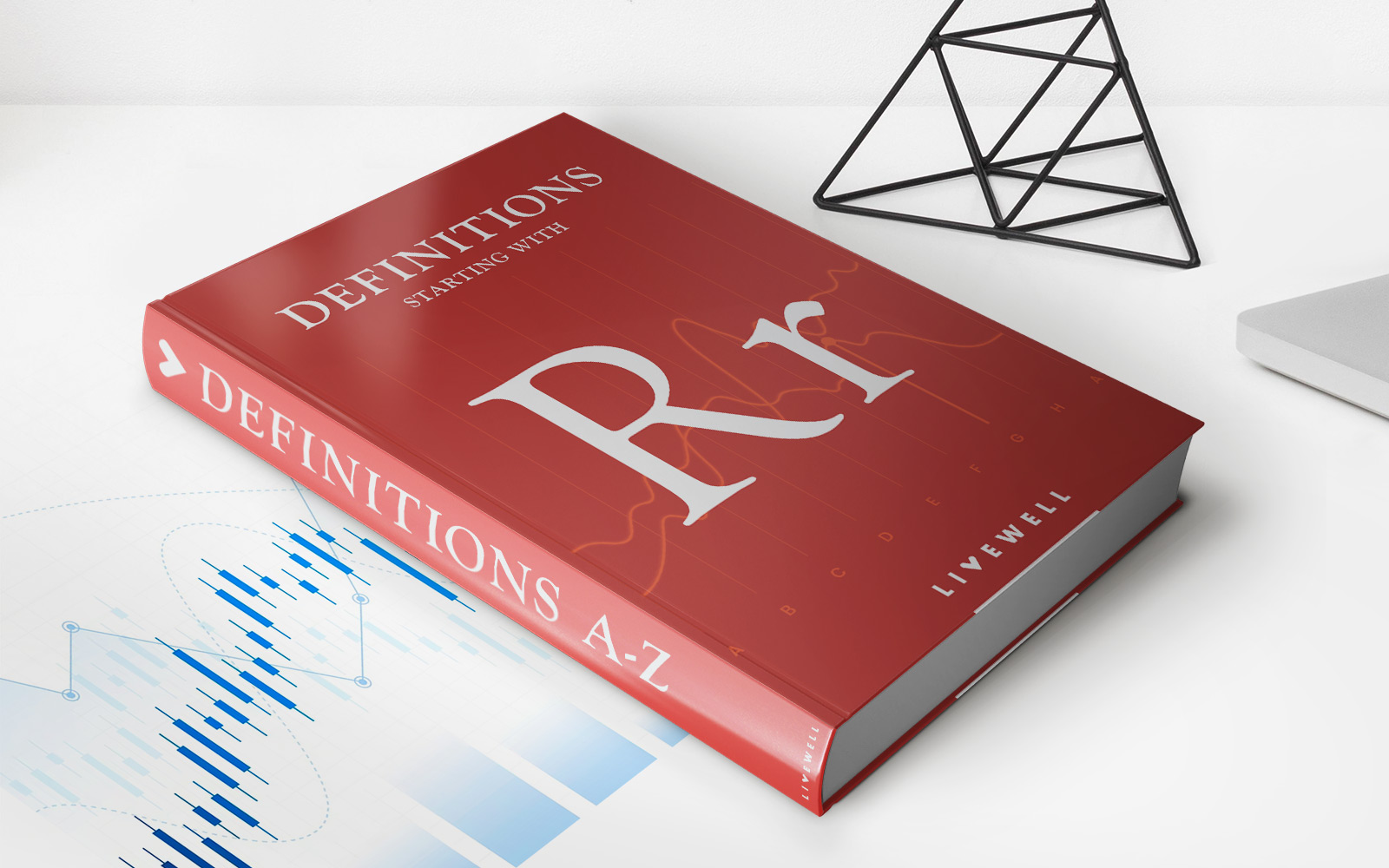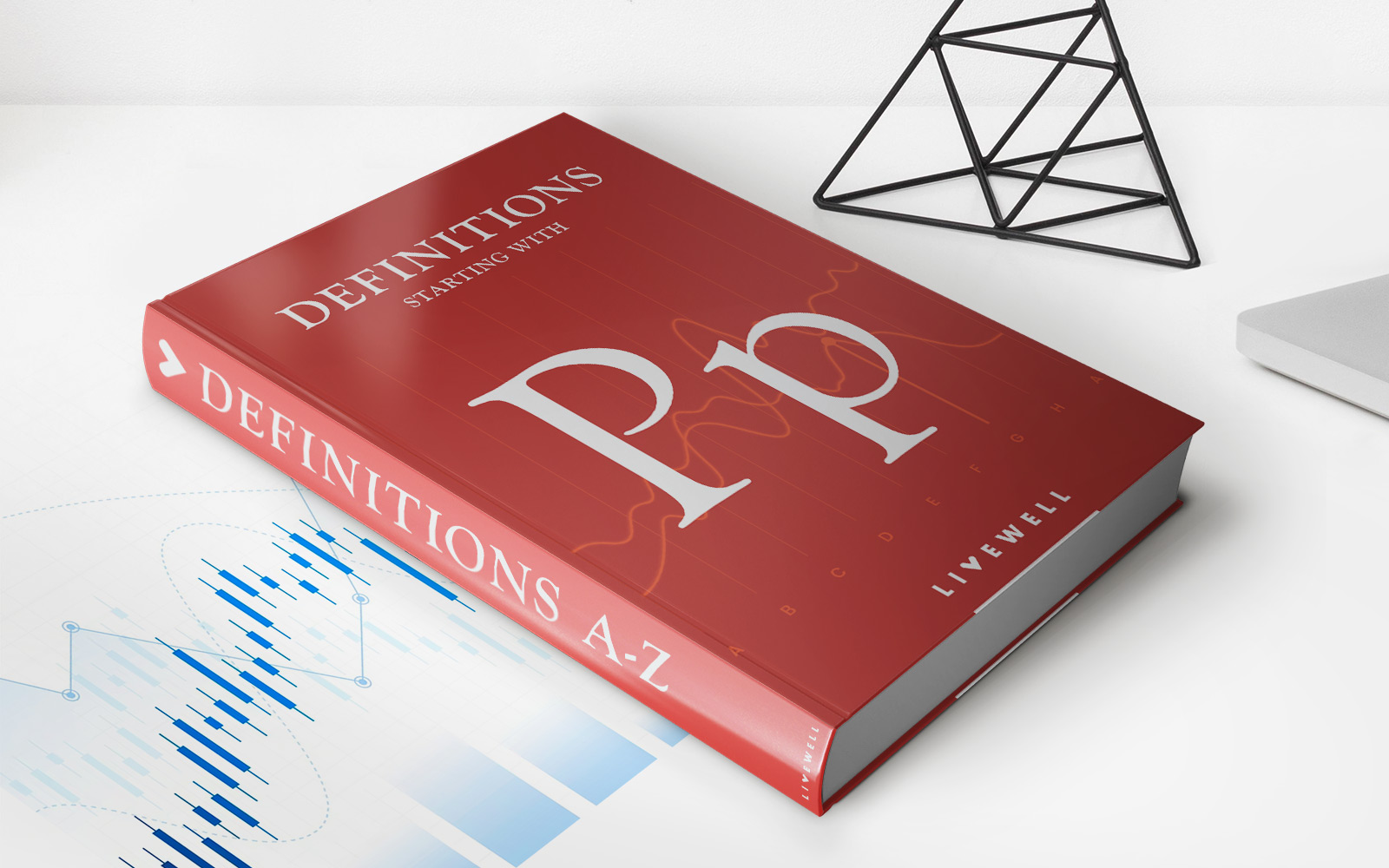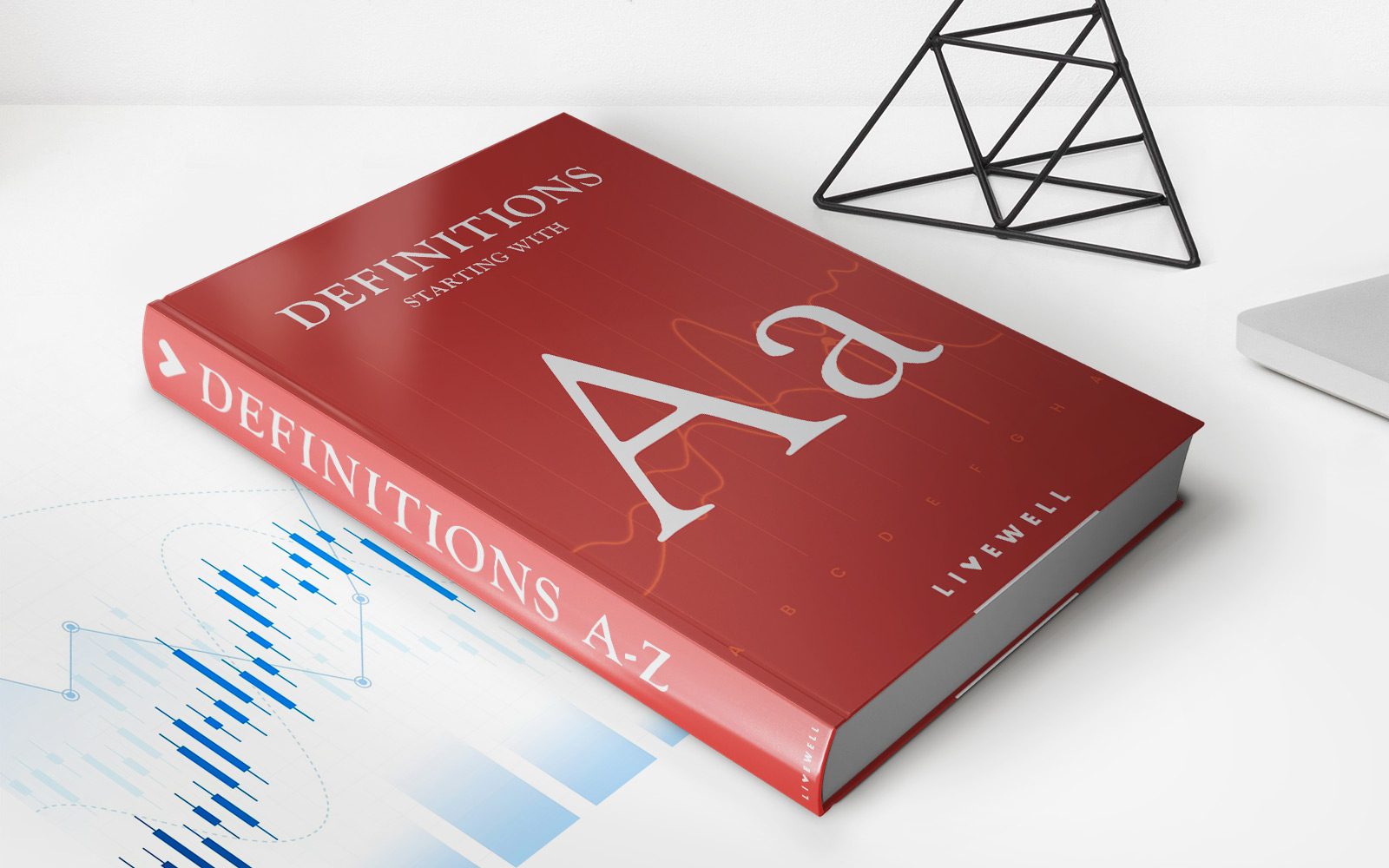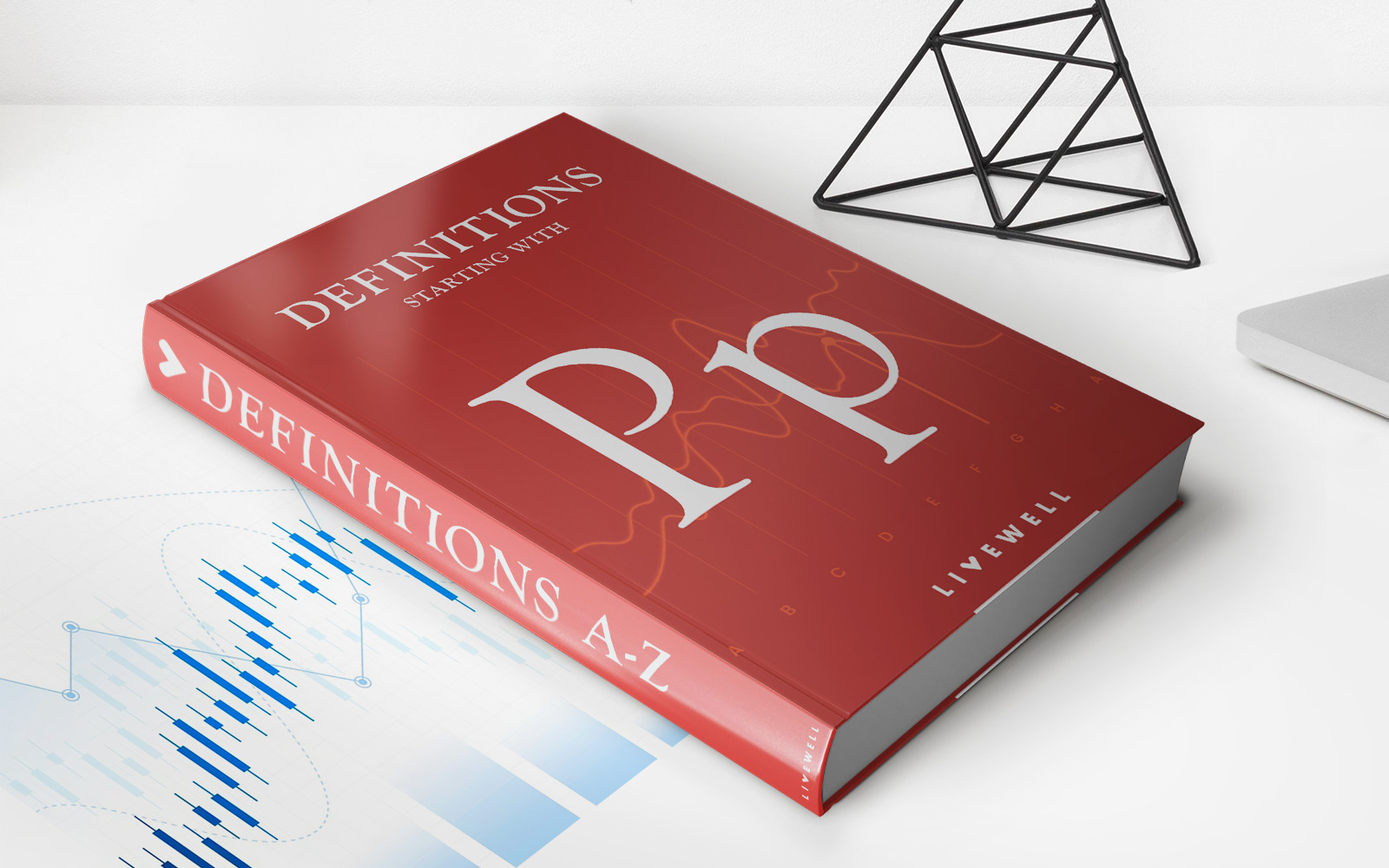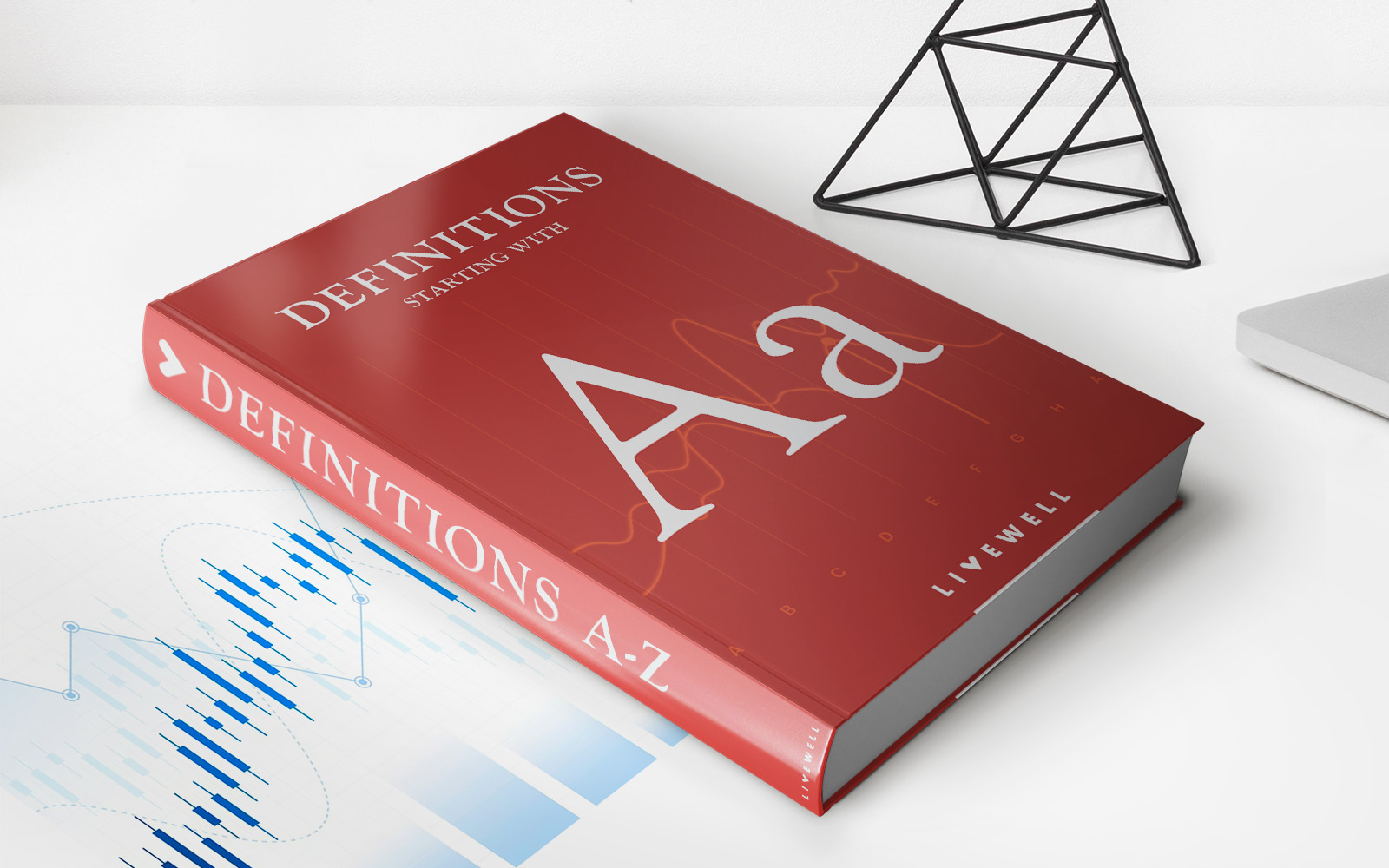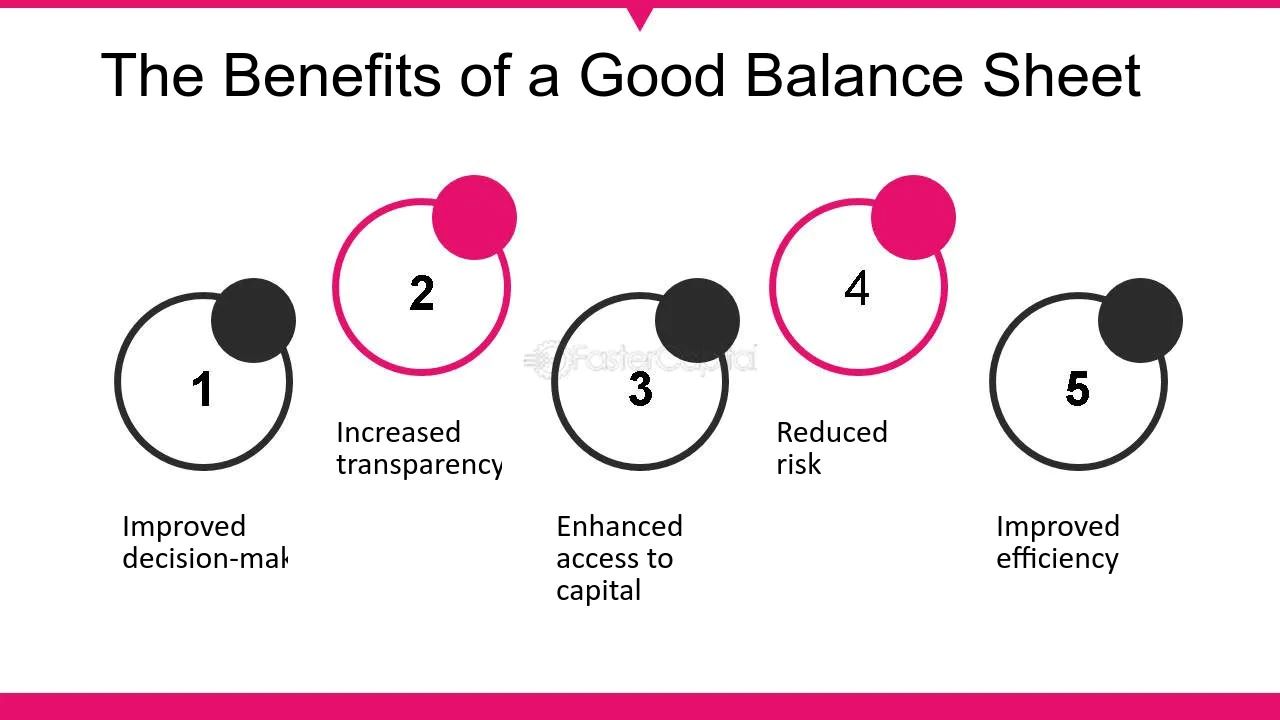Home>Finance>Prepayment Penalty: Definition, Examples, Disclosure Laws
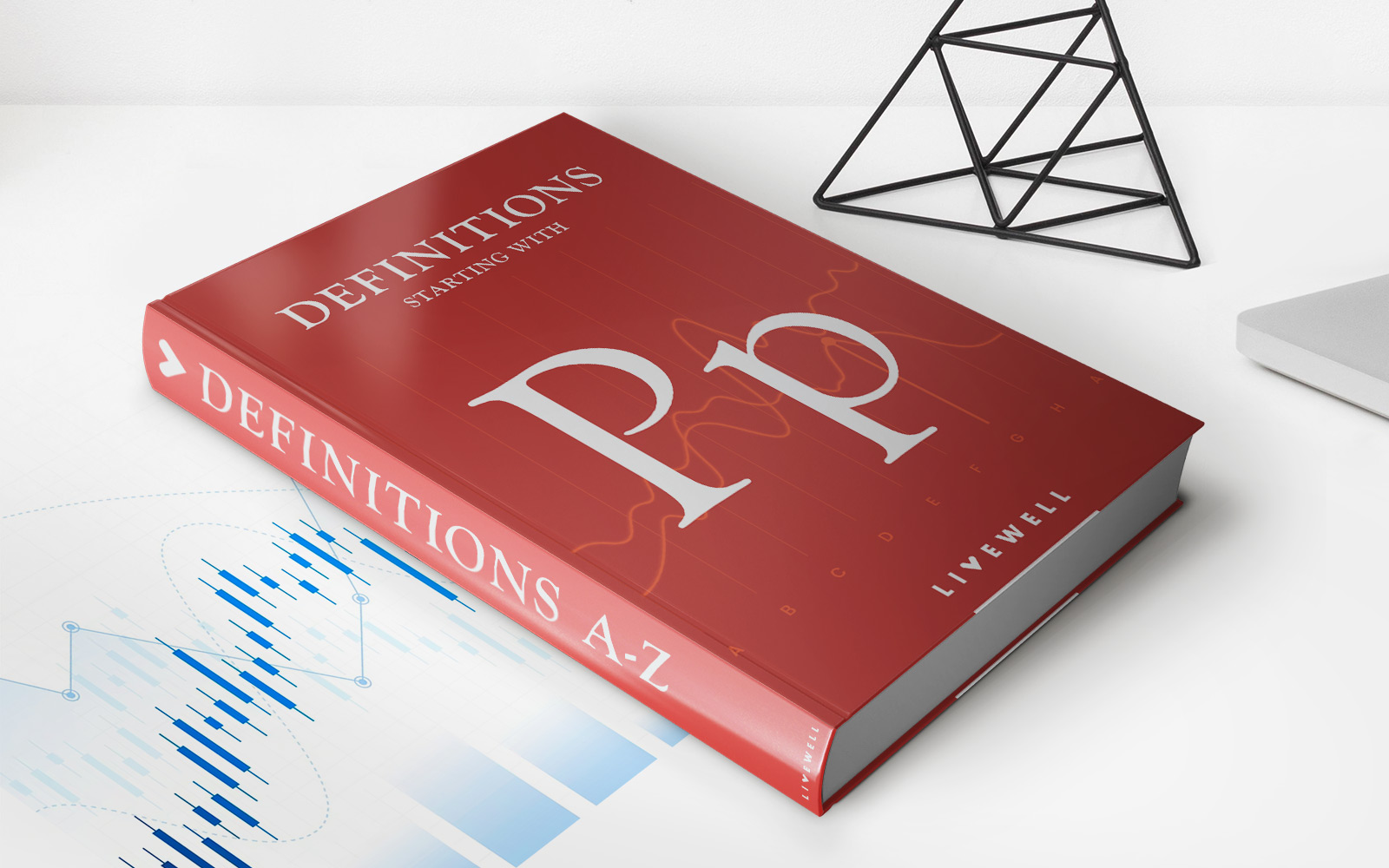

Finance
Prepayment Penalty: Definition, Examples, Disclosure Laws
Published: January 10, 2024
Learn all about prepayment penalties in finance, including its definition, examples, and disclosure laws. Understand how these penalties can affect your financial decisions.
(Many of the links in this article redirect to a specific reviewed product. Your purchase of these products through affiliate links helps to generate commission for LiveWell, at no extra cost. Learn more)
What is a Prepayment Penalty in Finance?
So, you’ve secured a loan to meet your financial goals, but what happens if you want to pay off the remaining balance before the agreed-upon time? Well, that’s where a prepayment penalty comes into play. A prepayment penalty is a fee charged by lenders when borrowers repay the loan amount before the specified maturity date. In simple terms, it’s a penalty for paying off your loan ahead of schedule.
Key Takeaways:
- A prepayment penalty is a fee imposed by lenders when borrowers pay off a loan early.
- It is important to understand the terms and conditions of a loan to determine if it includes a prepayment penalty.
When are Prepayment Penalties Applicable?
Prepayment penalties can be commonly found in mortgage loans, auto loans, personal loans, and other forms of financing. While they are not mandated by law, lenders use prepayment penalties as a way to protect their interest and recoup the interest they would have earned if the borrower continued making regular payments for the entire loan term. It’s essential to review your loan agreement or speak with your lender to determine if there is a prepayment penalty associated with your loan.
Examples of Prepayment Penalties
To better understand how prepayment penalties work, let’s consider a couple of examples:
- Imagine you have a mortgage with a prepayment penalty clause. If you decide to sell your home and pay off the remaining mortgage before the agreed-upon term, the lender may charge you a penalty equivalent to a percentage of the outstanding loan balance.
- In the case of an auto loan, let’s say you want to save on interest payments by paying off the outstanding balance early. However, if your loan agreement includes a prepayment penalty clause, you may be required to pay an additional fee determined by your lender.
Disclosure Laws
To ensure transparency in lending practices, certain disclosure laws govern prepayment penalties. These laws require lenders to clearly state the existence and terms of any prepayment penalties in loan agreements. This allows borrowers to make informed decisions based on their unique financial circumstances. The disclosure laws may vary by jurisdiction, so it is crucial to familiarize yourself with your local regulations or seek advice from a financial professional.
In Conclusion
Prepayment penalties can be an additional cost to consider when contemplating early loan repayment. It’s important to thoroughly review your loan agreement, terms, and conditions to understand if there is a prepayment penalty included. By being aware of its existence and potential impact, you can make informed financial decisions that align with your goals.

